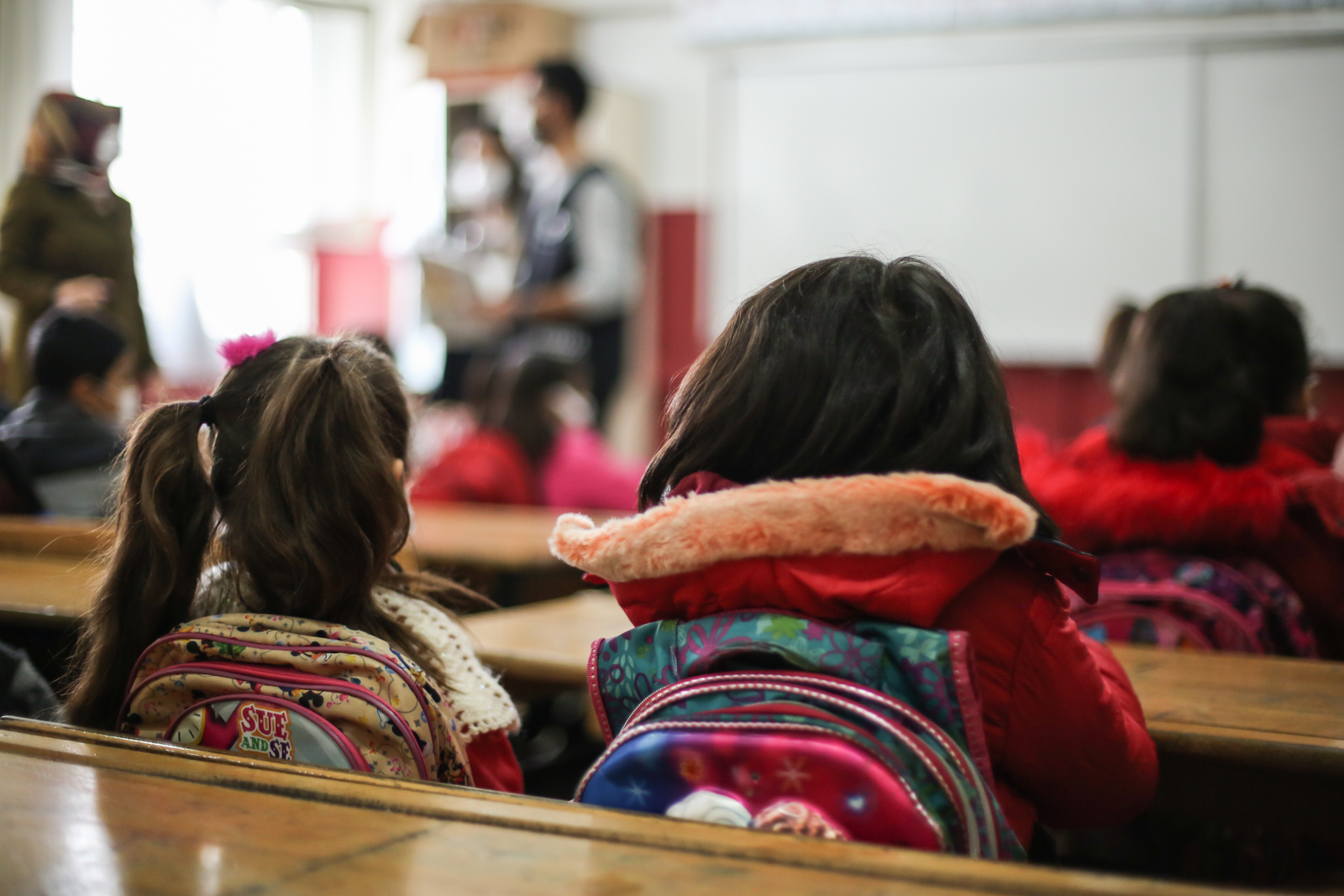
Helping 500,000 primary children to get a better education in DRC
Education funding, Girls' education, Right to education
The development organisation Cordaid is working to ensure targets including enrolling more girls in school will be met.
His parents had little money – so Bienfait was 10 years old before he went to school for the first time.
Now the boy from Modusa in the Democratic Republic of Congo loves his classes, which are a 30-minute walk from his home.
“My favourite subjects are geography, physics and French,” he said. “I do not like Swahili much – I’d much rather learn English.
“I want to become a doctor to help my family. They often faint because they have malaria or anemia.”
Many children like him will benefit from a programme to improve education in DRC.
About 3.5 million don’t go to primary school in the conflict-torn country, according to USAID – most of them in rural areas. It’s not uncommon for children to start school late and about a third of those who do start primary school will not complete it.
DRC is striving to improve its education system. It has introduced a method of performance-based financing (PBF), where everyone from schools and inspectors to the education ministry has to meet agreed targets.
These have to be monitored and verified to ensure the correct funding is made depending on results.
“Schools have the freedom – and the responsibility – to spend PBF money according to their own priorities, as long as they keep on track with the agreed goals and indicators,” explained Paula Mommers, who works for Cordaid (Catholic Organization for Relief and Development Aid).
Cordaid is the technical assistance agency in the implementing of improvements to DRC’s education system.
“1350 primary schools and half a million young girls and boys will benefit from this,” said Mommers, a PBF expert.
“For school inspectors, for example, one indicator could be the number of schools inspected per month. Other indicators could be the availability of qualified teachers, of teaching material.
“For schools it could be the number of girls that have enrolled and been retained during one school year. Or the number of girls that have successfully finished their primary education.
“One of the ways to make sure that schools do their utmost to keep girls in their classes is that we pay the school more for an enrolled girl than for a boy.”
Cordaid’s PBF work until now has mainly been on healthcare projects in DRC, Ethiopia, Zimbabwe, Central African Republic, South Sudan and Iraq. This is its first education-based PBF programme.
Cordaid is one of the biggest international development organisations, with a network of hundreds of partner organisations in 31 countries in Africa, Asia and Latin America.

More news

Skills for the future give young people the best chance of success
